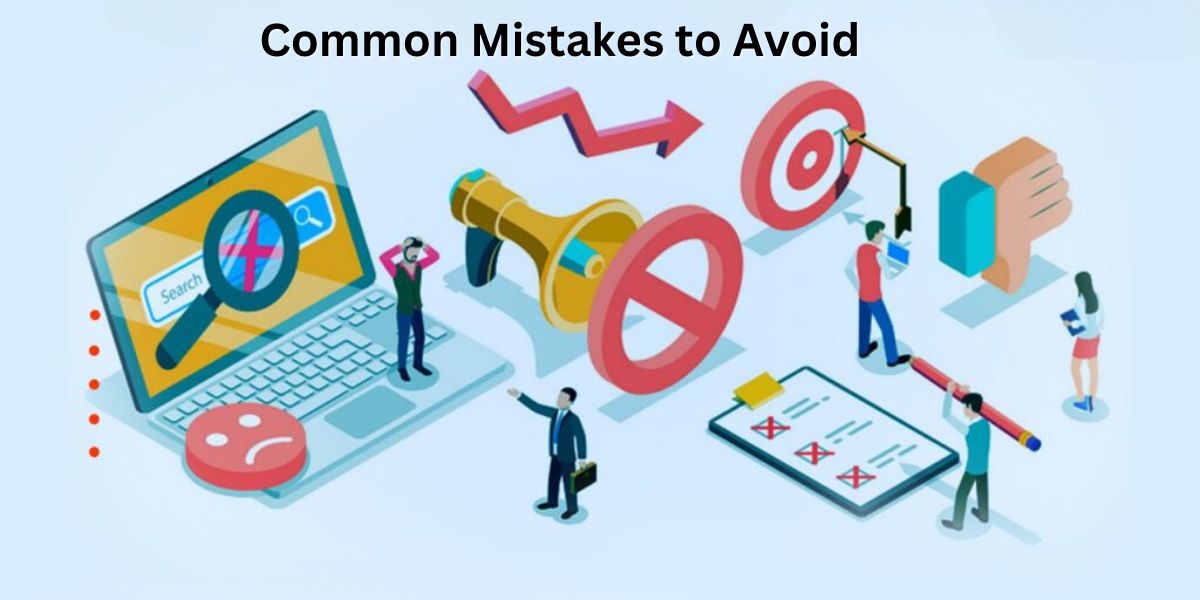As we venture into 2024, the significance of digital marketing has never been more pronounced. With the quick growth of online platforms and consumer behavior, businesses must allocate their digital marketing budgets wisely to stay competitive.
This blog aims to guide you through the intricacies of budgeting for digital marketing, ensuring your investments yield maximum returns. Plus, who doesn’t love a good ROI? (Like discovering a $20 note in the pocket of your old coat).
Understanding Digital Marketing Budgeting

A digital marketing budget encompasses all the expenses related to online marketing efforts. This includes:
Paid Advertising: Pay-per-click (PPC) social media ads – Think of it as the high-octane fuel for your marketing engine.
SEO (Search Engine Optimization): Enhancing visibility on search engines – Because if Google can’t find you, neither can your customers.
Content Marketing: Blogs, videos, infographics – Content is king, queen, and the royal court.
Email Marketing: Campaigns and automation – The digital equivalent of a handshake and a smile.
Social Media Management: Engagement and brand presence – Where your brand gets to show off its personality and cat memes.
Analytics and Tools: Software for tracking and optimizing campaigns – Because flying blind is for the birds, not businesses.
According to a survey by Gartner, organizations paid an average of 11.2% of their earnings on marketing in 2023, with digital marketing accounting for a substantial portion of this budget. So, your digital marketing budget isn’t just a shot in the dark; it’s a strategic investment.
Talk About Your Marketing Budget With Expert
Factors Influencing Digital Marketing Budget

Business Size and Industry: Small businesses typically spend less, around 7-8% of their revenue, while larger enterprises might allocate 10-12%. It’s the difference between shopping at a thrift store and splurging at a designer boutique.
Marketing Goals and Objectives: Your budget will be determined by your goals, including lead generation, customer retention, or brand exposure. After all, you wouldn’t buy a sports car if you were driving to the corner store.
Target Audience and Market Competition: High competition may require more investment to stand out. It’s like trying to yell over the noise at a rock concert – you must be loud and clear.
Historical Performance and Data Analysis: Reviewing past campaigns helps predict future needs. If you don’t learn from history, you’re doomed to repeat it – especially in marketing.
Available Resources: Deciding between in-house teams and outsourcing impacts costs. It’s a bit like deciding whether to cook at home or dine out – each has its own set of costs and benefits.
Average Digital Marketing Spend by Business Size

Small Businesses typically allocate $500 – $2,000 per month. This is like the cost of your daily latte habit but spread out for your business.
Medium-sized Businesses: Spend between $2,000 – $10,000 monthly. Consider it the difference between a budget vacation and a luxury getaway.
Large Enterprises: Can invest $10,000 – $50,000+ monthly. This is where we’re talking about private jets and champagne for your marketing.
These figures, sourced from a study by the Content Marketing Institute, highlight the variability in digital marketing spending based on company size.
Talk About Your Marketing Budget With Expert
Recommended Budget Allocation for 2024
To optimize your digital marketing efforts, consider the following allocation:
Paid Advertising: 30-40% – Critical for immediate visibility and traffic. Think of it as the fast lane to get your brand noticed.
SEO: 15-25% – Essential for long-term organic growth. SEO is your steady, reliable investment – like a good savings account.
Content Marketing: 20-30% – Builds brand authority and engages audiences. Content is your chance to tell your story, like your marketing fairytale.
Email Marketing: 5-10% – High ROI through direct customer engagement. It’s the direct line to your customers – like sending them a friendly postcard.
Social Media Management: 10-20% – Vital for brand presence and customer interaction. Think of it as your brand’s public social life – always on and always engaging.
Analytics and Tools: 5-10% – Important for tracking and optimizing performance. Because what gets measured gets managed – and who doesn’t love a good spreadsheet?
Trends Impacting Digital Marketing Spend in 2024
AI and Automation: Expected to account for 30% of marketing tech budgets as per Forrester Research. It is comparable to a marketing staff operating nonstop without coffee breaks.
Personalized Marketing: 80% of consumers are likelier to engage with customized offers (Epsilon). Imagine each of your customers getting a marketing message tailor-made just for them – it’s like a marketing fairy godmother.
Video Content: By 2024, video will make up 82% of all internet traffic (Cisco). If a picture is worth a thousand words, a video is the entire Library of Congress.
Data Privacy: Compliance with GDPR and CCPA is critical, with 65% of consumers concerned about data privacy (Deloitte). Treat your customers’ data like your social security number carefully.
Social Media Evolution: Platforms like TikTok and Instagram continue to grow, requiring adaptive strategies. Keeping up with social media trends is like staying hip to the latest dance craze – you’ve got to keep moving.
Talk About Your Marketing Budget With Expert
Setting and Adjusting Your Digital Marketing Budget
Establish Clear Goals: Describe the criteria for success. Is it more leads, higher sales, or just getting more followers than your competition?
Monitor Performance: Use KPIs to track progress. It’s like checking your GPS during a road trip – you must ensure you’re on the right path.
Flexibility: Be ready to adjust based on ROI. Think of it as fine-tuning your strategy – like changing the sails on your marketing ship.
A/B Testing: Experiment to find what works best. Because in marketing, like in life, variety is the spice of life.
Data-Driven Decisions: Use analytics to guide budget allocation. It’s like having a crystal ball that works – why guess when you can know?
Common Mistakes to Avoid

Ignoring Diversification: Relying too much on one channel can be risky. It’s like putting all your eggs in one basket – and then dropping the basket.
Neglecting ROI Tracking: Only with tracking can we know the possibilities. Flying blind might be thrilling in an action movie, but it’s disastrous in marketing.
Over-Relying on Trends: Balance trendy tactics with proven methods. Chasing every new trend is like following every fad diet – you might lose sight of what works.
Underestimating Tools: Budgeting for the right tools is crucial. Investing in the correct tools will improve your performance; it’s like trying to make a gourmet dish with a plastic spoon.
Skipping Updates: Stay current with digital marketing trends and practices. It’s like trying to run Windows 95 in 2024 – you’ve got to keep up to stay relevant.
Conclusion
Allocating the proper budget for digital marketing 2024 is crucial for business success. Understanding the various factors and trends and continuously monitoring and adjusting your strategies can ensure your investments yield significant returns. Remember, a well-planned budget is like a well-tailored suit—it makes everything look sharper and more professional.
SpreadMe Digital specializes in creating tailored digital marketing strategies that fit your budget and company objectives. Our team of experts meticulously analyzes your market, target audience, and past performance to create a budget plan that maximizes ROI. We help you allocate your funds wisely across various channels, such as SEO, PPC, content marketing, and social media, ensuring every dollar spent contributes to your growth and success. With SpreadMe Digital, you get a partner committed to driving your business forward with data-driven insights and innovative solutions.






